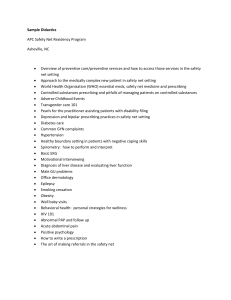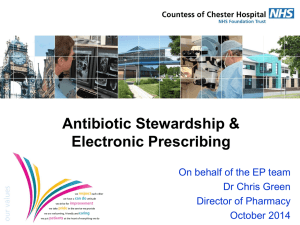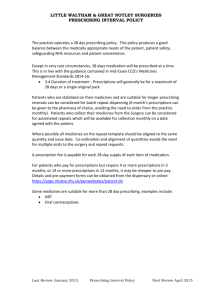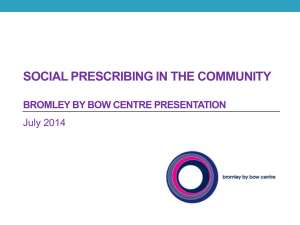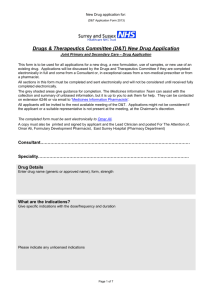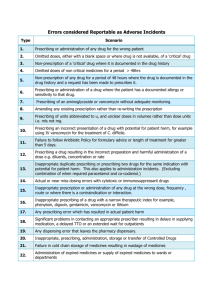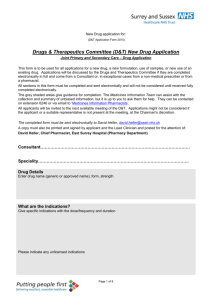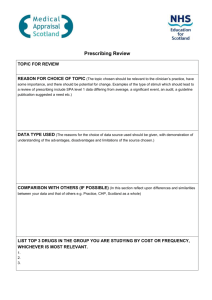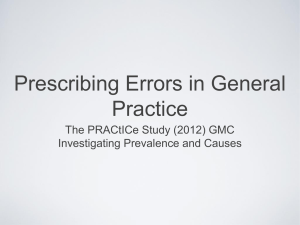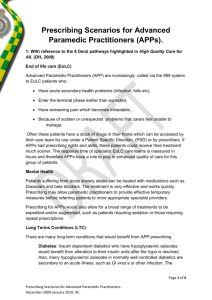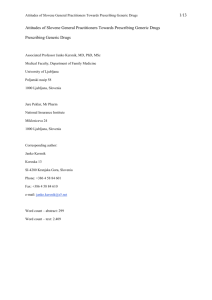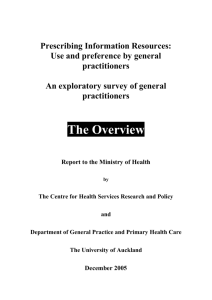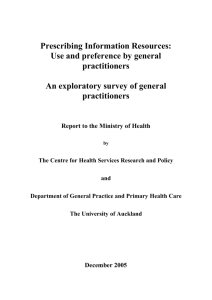Social Mirror for Social Prescribing Issue: Social connections
advertisement
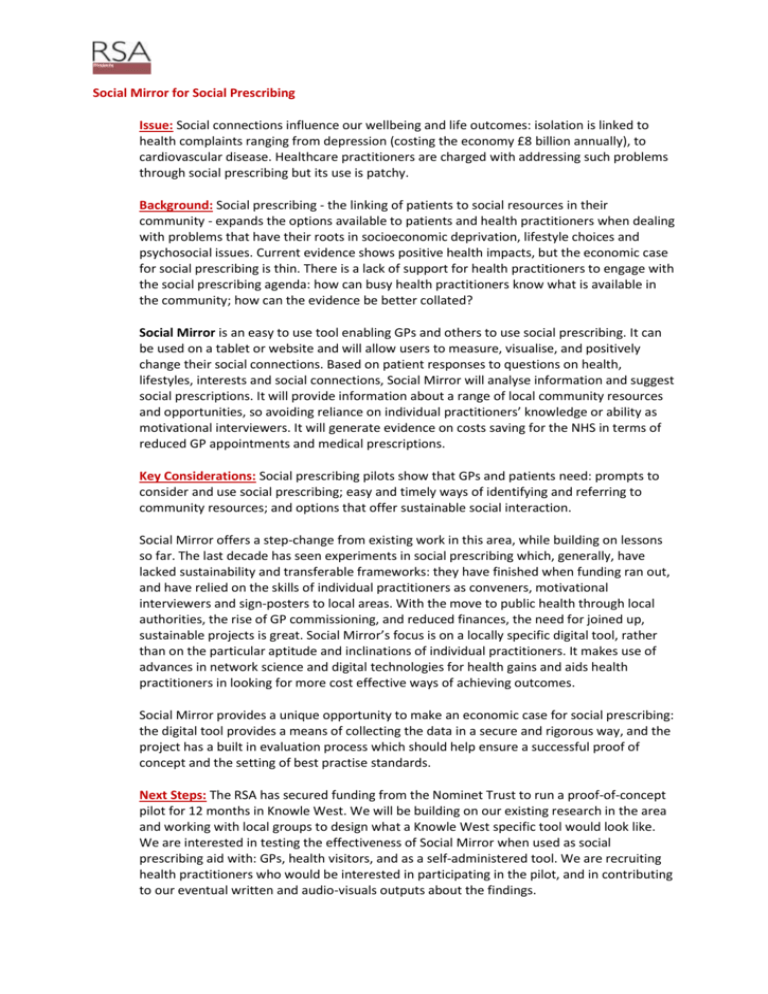
Social Mirror for Social Prescribing Issue: Social connections influence our wellbeing and life outcomes: isolation is linked to health complaints ranging from depression (costing the economy £8 billion annually), to cardiovascular disease. Healthcare practitioners are charged with addressing such problems through social prescribing but its use is patchy. Background: Social prescribing - the linking of patients to social resources in their community - expands the options available to patients and health practitioners when dealing with problems that have their roots in socioeconomic deprivation, lifestyle choices and psychosocial issues. Current evidence shows positive health impacts, but the economic case for social prescribing is thin. There is a lack of support for health practitioners to engage with the social prescribing agenda: how can busy health practitioners know what is available in the community; how can the evidence be better collated? Social Mirror is an easy to use tool enabling GPs and others to use social prescribing. It can be used on a tablet or website and will allow users to measure, visualise, and positively change their social connections. Based on patient responses to questions on health, lifestyles, interests and social connections, Social Mirror will analyse information and suggest social prescriptions. It will provide information about a range of local community resources and opportunities, so avoiding reliance on individual practitioners’ knowledge or ability as motivational interviewers. It will generate evidence on costs saving for the NHS in terms of reduced GP appointments and medical prescriptions. Key Considerations: Social prescribing pilots show that GPs and patients need: prompts to consider and use social prescribing; easy and timely ways of identifying and referring to community resources; and options that offer sustainable social interaction. Social Mirror offers a step-change from existing work in this area, while building on lessons so far. The last decade has seen experiments in social prescribing which, generally, have lacked sustainability and transferable frameworks: they have finished when funding ran out, and have relied on the skills of individual practitioners as conveners, motivational interviewers and sign-posters to local areas. With the move to public health through local authorities, the rise of GP commissioning, and reduced finances, the need for joined up, sustainable projects is great. Social Mirror’s focus is on a locally specific digital tool, rather than on the particular aptitude and inclinations of individual practitioners. It makes use of advances in network science and digital technologies for health gains and aids health practitioners in looking for more cost effective ways of achieving outcomes. Social Mirror provides a unique opportunity to make an economic case for social prescribing: the digital tool provides a means of collecting the data in a secure and rigorous way, and the project has a built in evaluation process which should help ensure a successful proof of concept and the setting of best practise standards. Next Steps: The RSA has secured funding from the Nominet Trust to run a proof-of-concept pilot for 12 months in Knowle West. We will be building on our existing research in the area and working with local groups to design what a Knowle West specific tool would look like. We are interested in testing the effectiveness of Social Mirror when used as social prescribing aid with: GPs, health visitors, and as a self-administered tool. We are recruiting health practitioners who would be interested in participating in the pilot, and in contributing to our eventual written and audio-visuals outputs about the findings.
